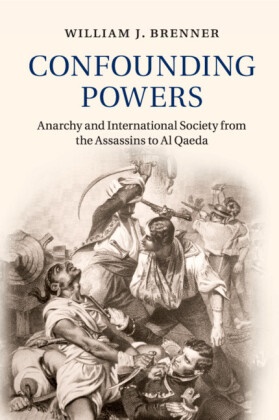Read more
Nearly a decade and a half after 9/11, the study of international politics has yet to address some of the most pressing issues raised by the attacks, most notably the relationships between Al Qaeda's international systemic origins and its international societal effects. This theoretically broad-ranging and empirically far-reaching study addresses that question and others, advancing the study of international politics into new historical settings while providing insights into pressing policy challenges. Looking at actors that depart from established structural and behavioral patterns provides opportunities to examine how those deviations help generate the norms and identities that constitute international society. Systematic examination of the Assassins, Mongols, and Barbary powers provides historical comparison and context to our contemporary struggle, while enriching and deepening our understanding of the systemic forces behind, and societal effects of, these confounding powers.
List of contents
Introduction; 1. International society and the logics of anarchy; 2. Confusion in the hearts of men: the Nizari Ismailis and the Assassin legends; 3. 'A furore Tartarorum libera nos': the Mongol eruption and aftermath; 4. Out of the shadow of God: power and piracy along the Barbary Coast; 5. In the shadow of the spears: Al Qaeda's clash with civilization; Conclusion.
About the author
William J. Brenner is a national security analyst based in Washington, DC. His work has been published in the journal Security Studies and the European Journal of International Relations (EJIR), where his co-authored article received the award for best article published in EJIR between 2007 and 2009 from the European Consortium for Political Research. He received his PhD from the Department of Political Science at Johns Hopkins University in 2008, and his work there on the effects of 9/11 on international relations theory was recognized in 2005 with the inaugural Graduate Student Paper Award given by the International Security Studies Section of the International Studies Association.
Report
'Confounding Powers is the rare book that simultaneously illuminates important events in the past, advances core topics in international theory, and sheds light on pressing contemporary problems. Essential reading for anyone interested in general international relations theory and the puzzles of the current global struggle against violent extremism.' Daniel Deudney, The Johns Hopkins University

